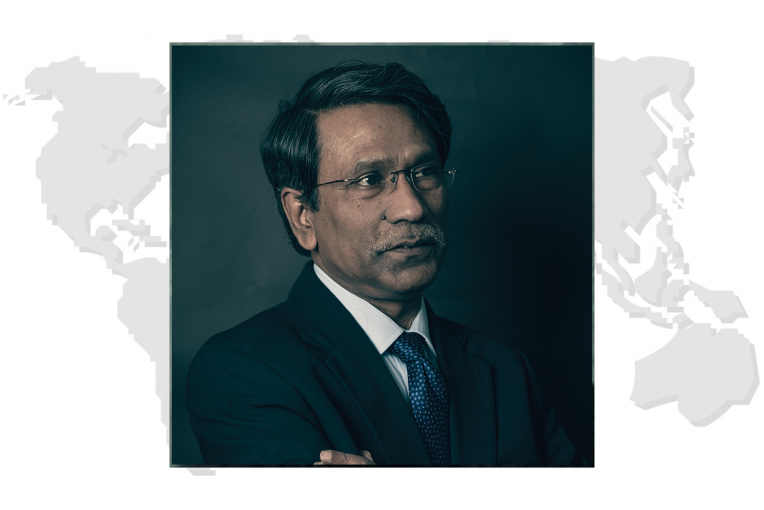Distinguished Professor Dr. Ali Riaz published two essays on the economic crisis in Bangladesh. Bangladesh is the third South Asian country, after Sri Lanka and Pakistan, which has sought loans from the International Monetary Fund (IMF) to address severe economic hardship. The country has already taken major austerity programs including power cut due to energy shortage and facing runway inflation. Cost of essentials have skyrocketed. Bangladesh has requested a $4.5 billion loan package from the IMF, and $1 billion from the World Bank. In an essay published in the Atlantic Council website, Riaz argued that the government’s claim that the crisis is due to the fallout of the COVID-19 pandemic and the war in Ukraine is not entirely true. Instead, he identified four policies pursued by the incumbent Hasina government are to be blamed. Riaz writes, Bangladesh’s pathway to the current economic crisis—leading to its arrival at the doorstep of the IMF—did not result solely from the pandemic and the Ukraine crisis. Instead, it was paved by the economic policies of the Hasina government and an unaccountable system of governance of the past decade. Riaz argued that—four factors—high cost of unsustainable infrastructure projects, crisis in the banking sector due to widespread default of loans by the cronies; waste of resources in the energy sector through large amount of subsidies, and capital flight—are to be blamed. Riaz noted that the Bangladesh Government is seeking help from all its development partners and multilateral agencies.
In a separate article published in Bangladesh’s Daily Star, Riaz said that the current crisis is a precursor of a more difficult time. The essay highlighted that the government policies and its current approach will have deleterious effects on the middle class and the poor of the country.
“In the past years, the middle class and the poorer segments of society have become the primary victims. Income equality has risen, and the new poor has joined the millions. As such, the impact of the current crisis is a precursor of what may become the new reality, unless the structural causes and the economic policies which engendered the situation are identified and addressed,” said Raiz.

